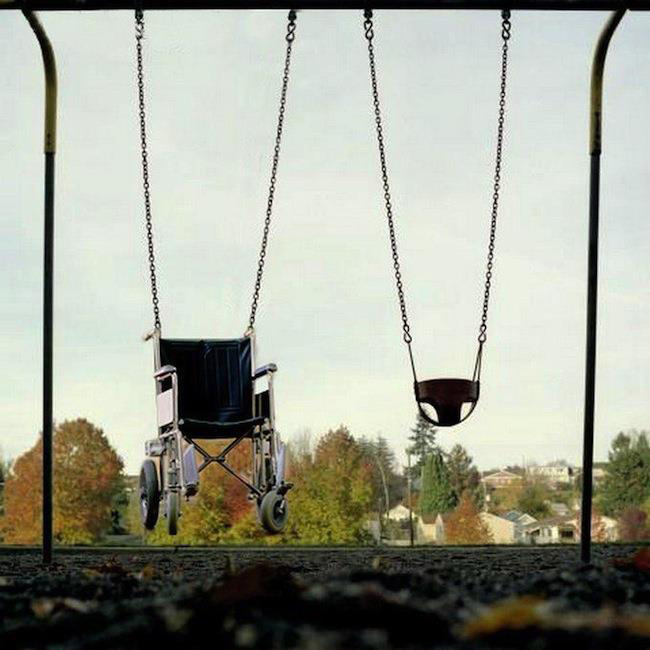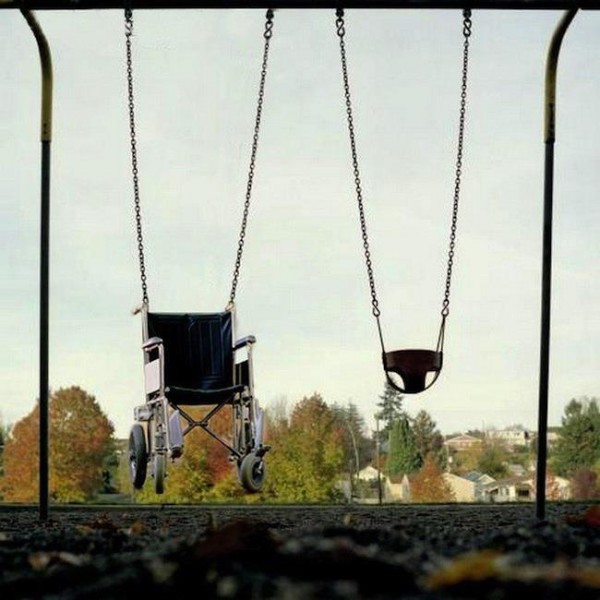Once again, we’re facing a situation where the rights of the disabled are ignored and progress is slow to change the legislation on the issue.
Currently, parents who are in the dreadful position of being unable to care for their disabled child can place them in a residential care home. The thing is though, is that that’s it. The child can be living in a home indefinitely, possibly even the rest of their lives, which means being deprived of community or family life
Non-disabled children can only stay in a residential facility for a maximum of six months and they are assigned an advocate to protect their rights as well as regular reviews. Children with disabilities are given no such treatment. This makes them susceptible to neglect and abuse. This may be uncommon, but possible nonetheless and with the lack of reviews, where are the children expected to turn for protection? This cuts down to the core stigma that people with disabilities don’t have a voice. Even as an adult, I still have people asking my friends and family, “So what does she do?” while I’m right there and capable of answering that question myself. Apparently I don’t even have a name. The first step is to acknowledge that children with disabilities have just as many rights as children without, and one of those is the right to safety and a healthy family life.
Secondly, I can’t even imagine how difficult and heartbreaking it must be to make the decision to place your child in a home. This is why adequate resources and training need to be provided to such families from the beginning so they know how to best take care of their child. This will then prevent the likelihood of parents having to make such an awful decision in the long run. The increased availability of short-term respite care facilities is an example of such a resource, which is what the Vulnerable Children’s Bill is proposing. They are also proposing that if there is still no possibility of the child returning home to their parents, they can then be moved to the care of another family as opposed to remaining in a type of ‘limbo’ state, where they have no idea what their future holds – yet another right that children with disabilities deserve but currently don’t always have.
I’m not saying these children are not being properly taken care of in residential care homes. I think caregivers and support workers who have the skills necessary to take care of a person with high needs are one of the most underappreciated groups of people in our community. But what I am saying is that it is simply not good enough that children with disabilities are somewhat locked away from society and deprived of being part of the wider community because of some archaic legislation that was founded upon the out-dated ‘institutionalisation’ type mentality. As the lobby group CCS Disability Action says, “Professionals are no real substitute for a family”.







Yes, these are valid points of concern, and more needs to be done for disabled children, disabled persons in general.
As we saw also with the welfare reforms that the NatACT gang in government pushed through, they have a dim view of true challenges by the disabled. Having attended the Social Security Committee when it heard submissions on the ‘Social Security (Benefit Categories and Work Focus) Amendment Bill’ in late 2012, I was shocked how the affected sick and disabled, same as sole parents, were given little genuine voice and respect for their concerns.
I heard and saw some disabled make their own submissions, or those of organisations they represented. All were very concerned and also were most firmly opposed to the particular measures proposed by that legislation.
It was listened to, some Committee members were genuinely concerned it seemed, but the government members were all preoccupied with parts of the reforms that covered drug testing of beneficiaries, the stopping of benefits for those against whom arrest warrants had been issued and with justifying the “social obligations” for presumed too negligent parents on benefits.
They also defended the push to basically pressure sick and disabled into work testing, by claiming it was all designed and intended to “support” and “help” people getting out of the “benefit” or “poverty trap”. But once the hearings were over, the report by the Committee was published and the bill was passed by Parliament, it was evident that only minor, cosmetic changes had been made to the bill. The genuine, serious concerns of the affected beneficiaries, and of disabled and their spokespersons, all seemed to have been swept aside, and now we have outsourced providers make “assessments” for WINZ (like ATOS in the UK), on how “fit” people are to do any hypothetical jobs on the market.
I heard little, yes really nothing, about any extra, effective support being offered for sick and disabled, to get work ready, to get the kinds of work and work environments they need. It is all just more pressure on the affected, to prove they cannot work, as otherwise it will be expected they will (despite of mental or physical impairments) look for and take on hypothetical jobs on the open market, competing with fit and healthy, who often have trouble finding work.
There are also now outsourced “service providers” paid handsome fees to get mentally ill and disabled into certain jobs, but it remains to be seem how fair and effective all that will be.
There are specific needs that disabled have, and that certainly applies to children as well, who are even more vulnerable. CCS are doing a good job, advocating and working with disabled, but at times they appear to be a bit too “soft” on what the government is doing, or failing to do. A law change and improved services as Latifa suggests here, that is overdue, I’d say.
But it will need a change of government, yes the removal of National from the government benches, to even get slightly closer for creating a social environment that offers more true, effective support for disabled.
Comments are closed.